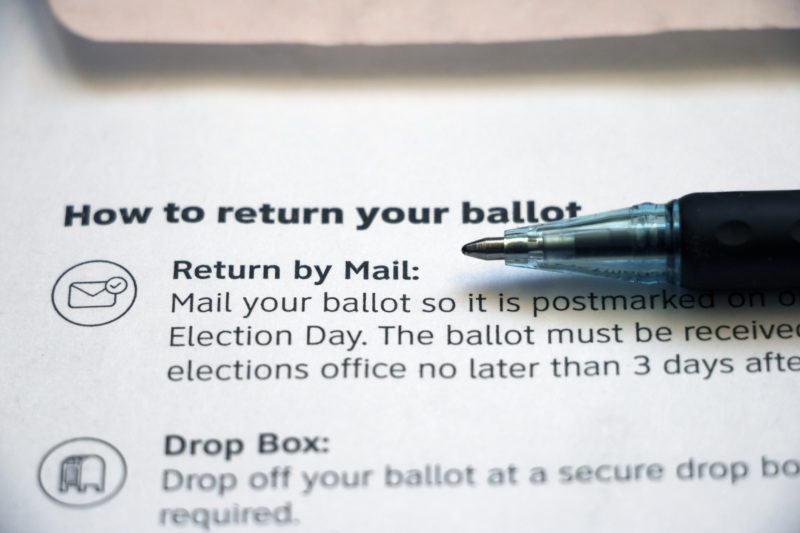
Understanding Recent Changes to Local Initiative Processes
August 29, 2019The California Constitution enshrines the rights of voters both to propose new laws and to respond to those passed by their elected officials. The laws regarding such initiatives and referenda are complex and ever-evolving, and the last year was no exception. A published appellate court decision clarified the intersection of development agreements and initiatives, and a change to the elections code has provided public officials with more flexibility—and more risk—around initiatives.
Ballot initiatives may not be used to adopt development agreements
The California Court of Appeal ruled unanimously in August of last year that local ballot initiatives may not be used to adopt development agreements for private development projects. The initiative challenged in this action would have authorized construction of the World Logistics Center (WLC) in the City of Moreno Valley, in Riverside County. The 40-million-square-foot center was planned to be one of the largest warehouse facilities in the world.
A developer had put forward an initiative in 2015 to gain approval of a development agreement for the WLC project. If successful, the developer would have avoided review—and associated litigation—under the California Environmental Quality Act (CEQA). When presented with a certified citizens petition for the initiative, rather than placing the initiative on the ballot for the voters to consider, the Moreno Valley City Council adopted the development agreement initiative outright. Several environmental and environmental justice groups challenged the city’s action, but the superior court upheld that action. The appellate court reversed the decision.
The appellate court’s published decision in Center for Community Action v. City of Moreno Valley clarified an important principle in state land use law. The ruling stated that, while voters may take action to challenge development agreements after they have been approved by a city council via referendum, they may not adopt such agreements via initiative. The initiative process, the appellate court reasoned, is inconsistent with the fundamental concept that a development agreement is a negotiated contract between the developer and the city. The court found “clear evidence that the Legislature intended to exclusively delegate approval of developments to governing bodies and to preclude the right of initiative.”
This is the first time that an appellate court has addressed the issue of whether project proponents may use the initiative power to adopt development agreements. Moving forward, cities and counties will need to carefully evaluate initiatives proposed to facilitate development entitlements to ensure that such initiatives do not run afoul of this new ruling.
A change to the elections code
The California State Legislature recently updated the state’s elections code to allow local initiative proponents to withdraw a petition at any time before 88 days prior to an election, whether or not the petition has been found sufficient by the elections official. Initiatives may be withdrawn by providing a notice of withdrawal signed by all proponents and the appropriate elections official. Statewide initiatives can already be withdrawn in this manner, and the legislature is currently considering whether to add a similar mechanism for referendum petitions.
This change provides local governments with more flexibility to reach mutually agreeable solutions after receiving an initiative petition. Elected officials can now work with initiative proponents to identify superior alternatives to the language included in any given initiative; if negotiations prove successful, proponents now have time to remove the item from the ballot.
However, this flexibility can be a double-edged sword. For example, advocates cried foul after the soda industry wielded a draconian statewide ballot initiative to force legislators to the table on a statewide ban on soda taxes, knowing they could later withdraw the initiative. Cities and counties are encouraged to consult their attorneys about mechanisms to address such tactics.
For more information, contact SMW attorney Sara Clark.
This article is intended for information purposes only and is not legal advice. This article is not intended to be a source of solicitation. This article is intended, but is not promised or guaranteed, to be correct, complete, and up-to-date. This article does not constitute a guarantee, warranty, or prediction regarding the outcome of any legal matter. Readers should not act on the information provided in this article without seeking professional legal counsel.